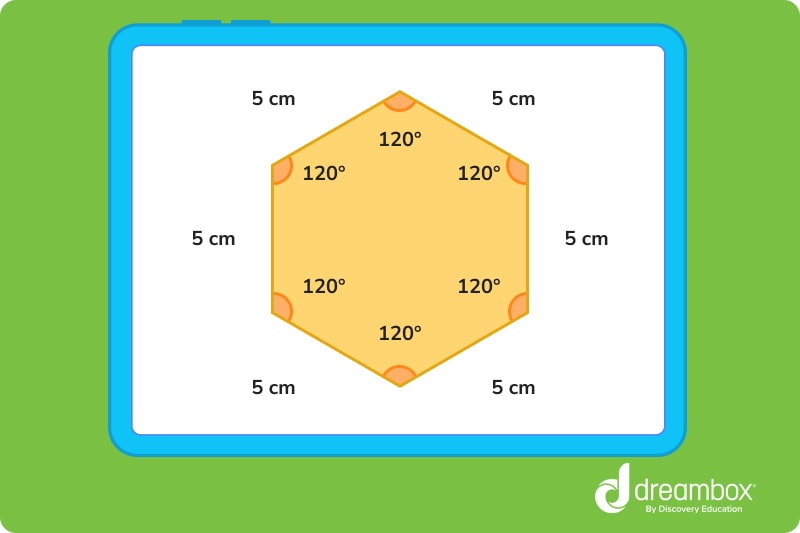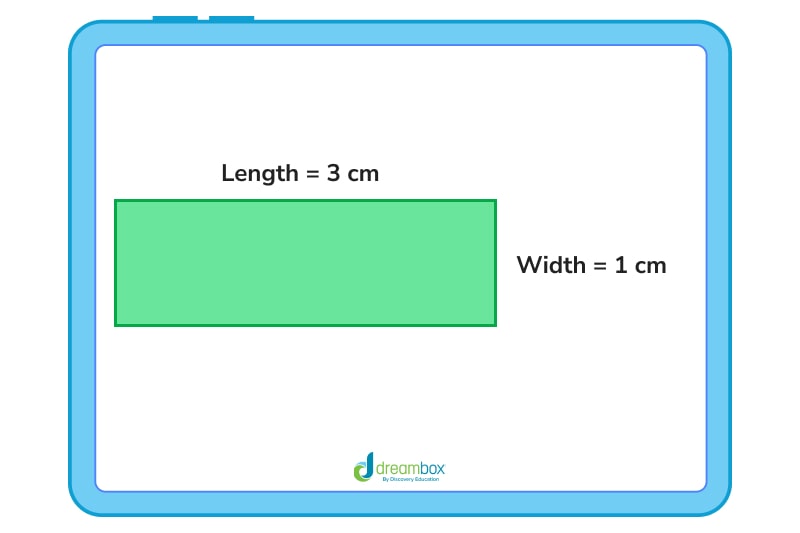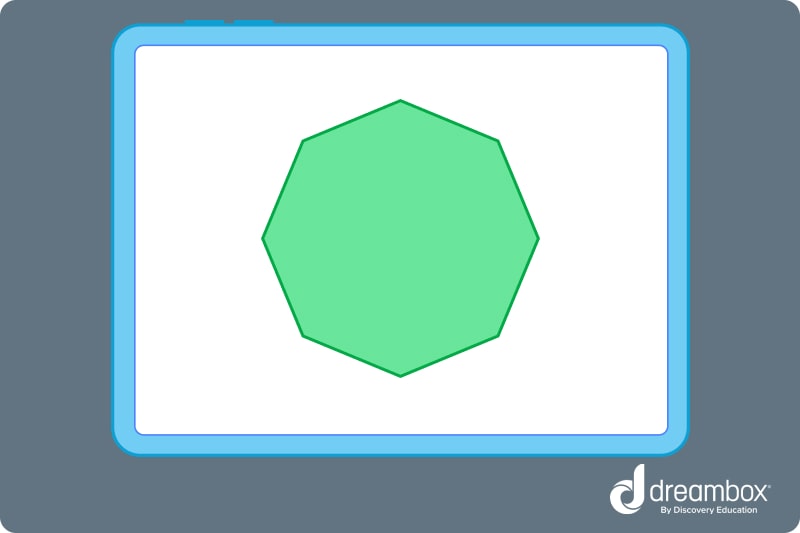Explore Algebra
Explore articles that transform algebra challenges into achievements with engaging content designed to enhance students' algebra skills.
The world around us is filled with numbers and patterns, right? That’s why it’s so important to understand how to solve equations, recognize algebraic expressions, and more. DreamBox has the resources you need to master algebra and build a strong foundation for more advanced subjects like geometry and calculus.
Browse Most Popular Articles:
Learning how to work with equations makes you a better problem-solver and gives you tools to tackle challenges you may face in school and in life.
A hexagon has six sides – They are two-dimensional closed figures, and they can be oddly shaped, so long as their sides add up to six.
A rectangle is a four-sided closed shape with equal parallel sides – A square is always a rectangle, but a rectangle is not always a square!
An octagon is a shape with 8 eight sides – It’s actually a type of polygon, which is typically a shape with at least three sides.
Browse All Algebra Skills:
Practice makes perfect. Work through algebra problems or use our guides to refresh your mind and master algebraic concepts!
Learning how to work with equations makes you a better problem-solver and gives you tools to tackle challenges you may face in school and in life.
FAQs About Algebra
Algebra is a fundamental branch of mathematics that focuses on the study and manipulation of symbols and variables. These symbols, often represented by letters such as x, y, and z, are used to represent values that can change. Algebra encompasses a wide range of topics, from solving simple equations to exploring complex abstract structures. It generalizes arithmetic by introducing variables and algebraic operations, allowing for the formulation and solving of equations.
While no single person can be credited with “inventing” algebra, several key figures played pivotal roles in its development:
- Diophantus (3rd century AD) is often referred to as the “father of algebra” for his work Arithmetica, which introduced algebraic notation and methods for solving equations.
- Muhammad ibn Musa al-Khwarizmi (9th century) significantly advanced algebra with his book “Kitab Al-Muhtasar fi Hisab Al-Jabr wa-l-Muqabala“, from which the term “algebra” is derived. His work laid the foundation for systematic solutions to linear and quadratic equations.
Algebra is most often taught in the 9th grade
Grades
If you’ve ever wondered how to help your child with math homework or what they should know by the end of fifth grade, these elementary math resources are for you.
Choose a grade level below to browse math skills and objectives by grade.
It’s time to build on what we’ve learnt so far and develop mathematical fluency.
Level up number knowledge with the introduction of multiplication, division and fractions.
Classifying, analysing and problem-solving: we’re applying all our skills here!
Understanding is extended even further across number, measurement and geometry.
Meet ratio, rational numbers and equations – this is where we explore statistical thinking.
Children learn more advanced topics like pre-algebra and investigate complex statistics and probability.
Introduce problems involving shape, scale drawings, population samples and more.
Take at home math practice to the next level
Empowering parents and educators to make math practice more impactful. Plus, your kids will love it.






